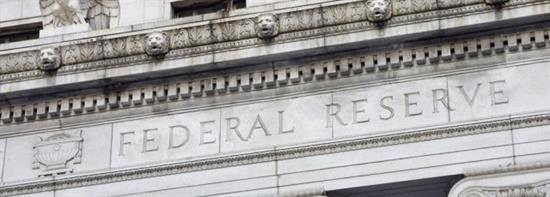Chairman Hensarling Delivers Opening Statement at Hearing with the Federal Reserve Chairman
Washington,
July 18, 2018
Tags:
Full Committee
Financial Services Committee Chairman Jeb Hensarling (R-TX) delivered the following opening statement at today’s full committee hearing with the Federal Reserve Chairman Jerome Powell on monetary policy and the state of the economy: As we meet today, thanks to the fiscal policies of the Trump Administration and this Congress, many Americans are seeing the strongest economy of their lifetimes. Most importantly, 3 percent average economic growth is back. 90 percent of Americans are seeing bigger paychecks, in the last quarter, real disposable income increased a very strong 3.4 percent, and unemployment remains near a 50-year low. But the economy may be challenged in significant ways if either we find ourselves in a protracted global trade war or the unconventional monetary policy tools of the Fed are not carefully and skillfully wound down and transitioned to normalcy. In February, during our last Humphrey-Hawkins hearing, I questioned whether the Fed would ever return to a monetary policy balance sheet after a decade of accumulating and maintaining, in contrast, a macro-prudential balance sheet. And my concern remains because less than a year into the Fed’s balance sheet wind down, some FOMC members are already calling to slow down or end that process. We were told by the Fed that letting the roll-off schedule run for three or four years would be less exciting than watching paint dry. But as we meet today, we face the prospect that maybe the paint stays wet. In other words, we seem to be faced with the increasing prospect of a balance sheet that may never return to a more conventional size or composition. I believe this is problematic. An unconventional balance sheet may well threaten, ultimately, the integrity and independence of the Fed’s conduct of monetary policy by enabling competing activities that lie outside its mandate for stable prices and full employment. This matter must be reviewed carefully. Additionally, I have governance concerns. I would note today that only three individuals, as a practical matter, are actually empowered to set U.S. monetary policy. This is a matter of concern. We know that interest rates on reserve deposits have now supplemented open market operations on the FOMC and playing the lead role in conducting monetary policy. Given that the Board of Governors can administer interest rates on reserve deposits without any input from the FOMC or any district bank president, this means three individuals – or, to be more precise, two given a majority vote – set monetary policy in the U.S.. I certainly don’t believe this is currently being abused, but I do believe, as a matter of public policy, the full FOMC should vote on where to set interest rates on reserve deposits. Furthermore, I call upon the Senate to expeditiously confirm the Federal Reserve Board Governors that the President has long since nominated. Finally, many members, including myself, share a concern about the apparent inconsistency of a two-percent inflation target with the goal of price stability. A two percent inflation target means that every dollar a couple sets aside at a child’s birth for her college education will have lost approximately 30 percent of its purchasing power by the time the first tuition bill arrives. I understand that other central banks do this; I understand this may be good policy. But if so, Congress should decide this because Section 2A of the Federal Reserve Act mandates “stable prices.” And last I looked up the word “stable” in the dictionary, it means “fixed,” “not changing,” or “permanent.” And yet, we see even some are advocating a policy rate target that allows for even greater swings than the current 2 percent inflation target. Chairman Powell, we welcome you and we look forward to hearing more about these issues, and we look forward to a prudent path to normalization where interest rates are once again market based and credit is allocated to its most efficient use. |


